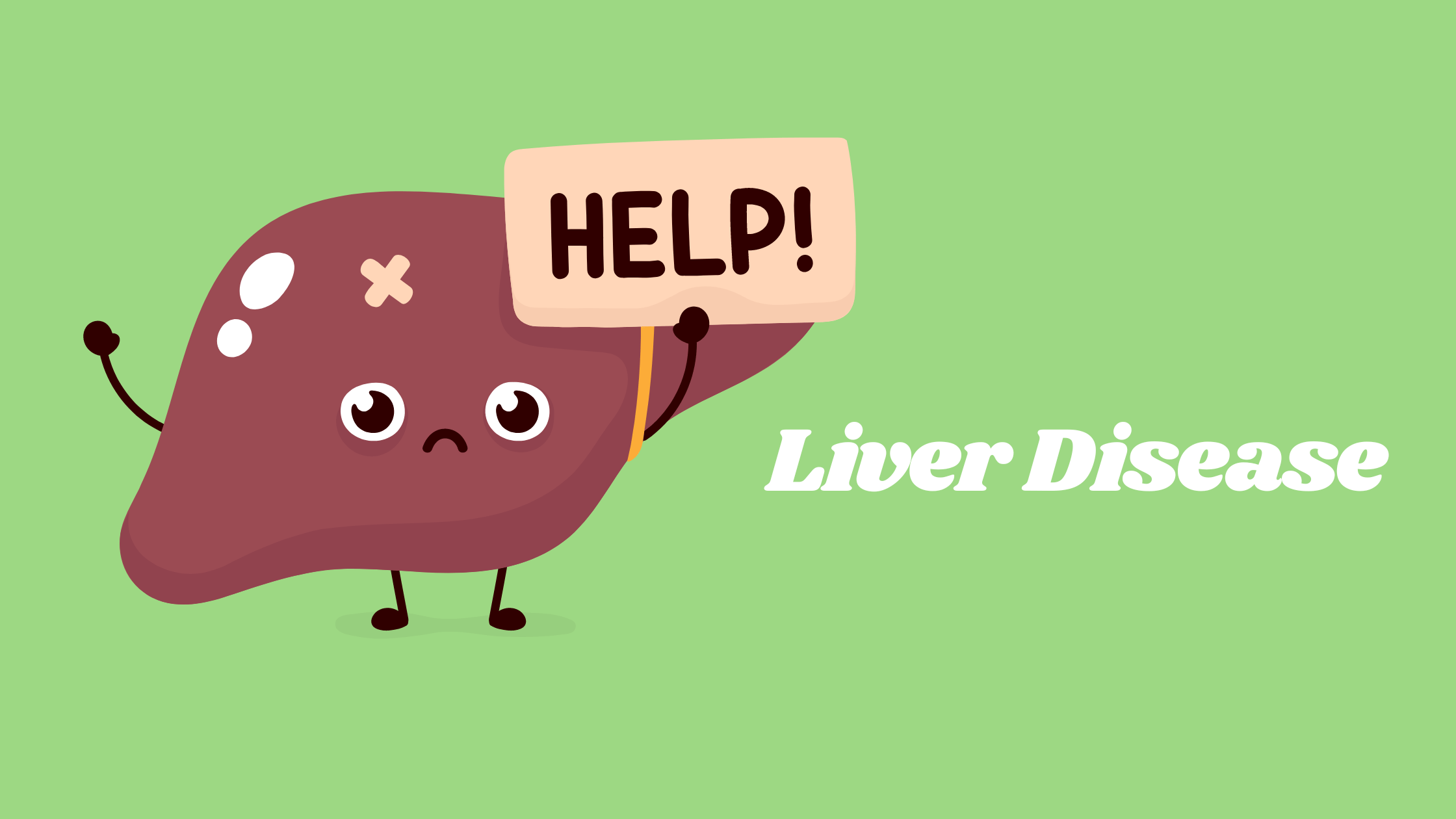
The liver is one of the most essential organs in the body. It performs a lot of core functions, such as detoxification.
Unfortunately, this essential organ can sustain cellular damage, leading to inflammation or scarring, known as “liver disease.” There are several types of liver disease, such as viral hepatitis (hepatitis A, B, and C), the alcoholic variety, and non-alcoholic fatty liver disease (MAFLD).
If not detected early, these diseases can develop into more critical conditions that would require a liver transplant. Watching out for the key signs of these diseases will help in early diagnosis and intervention.
What Is Liver Disease?
Any condition that harms the liver and impairs its ability to function properly is referred to as liver disease. Doctors may use a liver biopsy, a liver scan test, or in most cases, liver blood tests to diagnose liver disease. Options for treatment can include modifying one’s lifestyle, taking medications, or having surgery, depending on the type and severity of the liver disease.
Excessive alcohol consumption, viral infections like hepatitis B and C, as well as some medications or toxins, can all lead to liver disease.
Types of Liver Diseases
There are many types of liver diseases, including:
- Hepatitis: Liver inflammation that is caused by viruses, alcohol, drugs, or autoimmune conditions. Viral hepatitis comes in a variety of forms, including hepatitis A, B, C, D, and E.
- Cirrhosis: This is gradual scarring of the liver, which is caused by persistent hepatitis or alcohol consumption. Cirrhosis can cause liver failure in addition to other problems.
- Metabolic-associated fatty liver disease (MAFLD): This is caused by an accumulation of fat in the liver unrelated to alcohol consumption. Obesity, diabetes, and high cholesterol are frequently linked to MAFLD.
- Autoimmune liver conditions: When the immune system of the body assaults the liver, it causes inflammation, which can damage the liver. Examples of autoimmune liver conditions are autoimmune hepatitis and primary biliary cholangitis.
- Liver cancer: A tumor that develops malignantly in the liver. Cirrhosis is a kind of chronic liver illness that can lead to liver cancer and can cause other conditions like hepatitis B or C.
- Genetic liver diseases: Hemochromatosis, Wilson’s disease, and alpha-1 antitrypsin deficiency are inherited illnesses that have an impact on the liver.
- Biliary tract disorders: Diseases that affect the bile ducts, including biliary atresia and primary sclerosing cholangitis.
Key Signs and Symptoms of Liver Disease
Fatigue
This involves feeling excessive weakness or exhaustion even after obtaining enough rest. Given that the liver is involved in the production of energy, this may be a sign of liver disease.
Jaundice
Yellowing of the skin and eye whites is referred to as jaundice. The waste product bilirubin, which gives urine and stools their yellow color, cannot be processed by the liver, which causes this condition.
Abdominal pain and swelling
In some cases, you might experience upper right abdominal pain, discomfort, and bloating. This can indicate liver scarring or inflammation.
Nausea and vomiting
As the liver aids in the body’s detoxification process, constant nausea and vomiting might be an indication of liver illness.
Appetite loss
This involves a significant decline in appetite and unintended weight loss. The liver is involved in digestion and food absorption, so this may also be a sign of liver illness.
Change in bowel habits
This symptom may come with diarrhea, constipation, or pale, unpleasant-smelling feces. Given that the liver generates bile, which aids in the digestion of fats and the elimination of waste materials, this may be a sign of liver disease.
Itchy skin
Body-wide itching of the skin is another symptom to watch out for. Since the liver assists in the body’s toxin removal and itching can result from a buildup of toxins, this could be an indication of liver illness.
Dark pee
Liver disease could cause dark brown or tea-colored urine. The liver aids in the processing of bilirubin, and the presence of liver disease can change the color of the urine.
Easy bruising and bleeding
Bruising or bleeding readily and experiencing nosebleeds or bleeding gums is another key symptom. This is because the liver generates clotting factors that aid in stopping bleeding.
Mental disorientation
This could include having trouble focusing, memory loss, or confusion. It may be a sign of liver disease since the liver aids in the body’s toxin removal, and a buildup of toxins can impair brain function.
Early Diagnosis Prevents Further Damage
Early diagnosis of liver disease is essential for preventing further damage, improving treatment outcomes, and preserving overall health and quality of life. Regular check-ups with a healthcare provider, screening tests, and a comprehensive medical history can help you identify risk factors and detect liver disease early on.